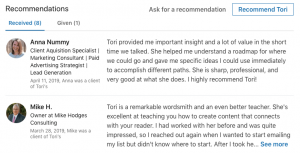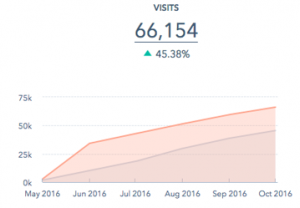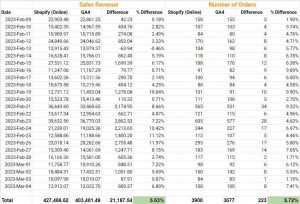Nine out of 10 marketing professionals say that email is important to their business — so why do so many settle for an email service provider they don’t like? Columnist Chip Scully explores the issue.

“Hate” is a harsh word. And yet I’ve heard it used by several marketers referring to the email service provider (ESP) that they’ve willingly selected. Two marketers who have partnered with five different ESPs over the years recently told me, “We use the ESP we hate the least.” I felt as if I was listening to someone in therapy.
Why use a vendor you hate?
When selecting an ESP, the choices are a single-point provider of email solutions or a partner that offers several solutions that are often rolled up into a giant marketing automation platform. You should be leery of these extended-solution families.
In an SAP study of B2B buyers, 52 percent said that the biggest risk of getting a purchase wrong is wasting company money. Nearly 23 percent of them said that losing internal credibility is their top concern.
To avoid these risks, marketers may take the conservative approach and choose a well-known SaaS (software as a service) behemoth, one of the all-in-one marketing platforms that include email services. But is this the best way to go? By attempting to be everything to everybody — in the form of complete marketing platforms — they may fail to provide excellent technology and service for every operation.
Large SaaS providers often build out their offerings through acquisitions, and in this economy, with its low interest rates, M&A (merger and acquisition) is encouraged. But these acquisition decisions are not necessarily based on which company is best at what it does. As Rebecca McAdams of Forrester points out, “These most immediate acquisitions are financially, not strategically, based.”
In other words, the large SaaS roll-ups buy companies that are available to purchase and good for their growth, even if these are not always the best-of-breed solutions. The truly best-of-breed vendor may not want to sell itself, or its valuation may be too high.
Another issue with technology roll-ups, according to McAdams, is that, after multiple acquisitions, these giants may struggle to integrate their components. “[Vendors] are still working through how to combine multiple technologies, staff, and market visions in a way that will offer clients value — not just disruption,” she says.
Loss leaders
McAdams notes that, while many of these enterprise marketing automation platforms see email as the foundation of their offering, they don’t expect it to generate profits. Instead, they hope to lure clients with a free or cheap service in order to sell several them other higher-margin marketing applications.
The problem with this strategy is that these vendors are likely to invest more in the services that generate revenue, leading to poor performance of their email platforms. The result is lagging email innovation, poor customer service and routine email campaign delays.
The best-of-breed approach
Email remains the marketer’s powerhouse, with nine out of 10 marketing pros saying that it’s important or very important to their business, according to the DMA. Email can generate an ROI of between 5x and 50x. With such a crucial channel, should you settle for less than the best ESP?
In every part of the marketing automation stack, there is one vendor that’s the best. Obviously, there’s a good chance that the big rolled-up marketing automation platform you’re considering does not include the best-of-breed ESP.
It may initially be more difficult to select the best vendor for each marketing application, but ultimately, it will pay off by creating a custom marketing stack you won’t hate. Besides, it’s not as difficult as it used to be. According to Byron Deeter of Bessemer Venture Partners, writing in The Wall Street Journal, cloud computing has made it financially and operationally viable to pick the best application for every need.
Also thanks to cloud computing, you don’t sacrifice the ability to exchange data with other applications and to gain a holistic view of your marketing with this approach. In today’s API economy, your ESP can integrate with other singularly-focused solutions to tailor the suite of marketing automation needs that’s perfect for your business.
You don’t have to be a hater. If you choose the email service provider that offers the combination of excellent technology, customization and support that you need, you may end up loving your ESP.
Some opinions expressed in this article may be those of a guest author and not necessarily Marketing Land. Staff authors are listed here.
Marketing Land – Internet Marketing News, Strategies & Tips
(105)
Report Post









